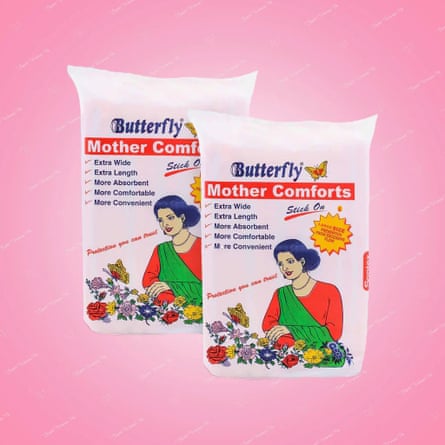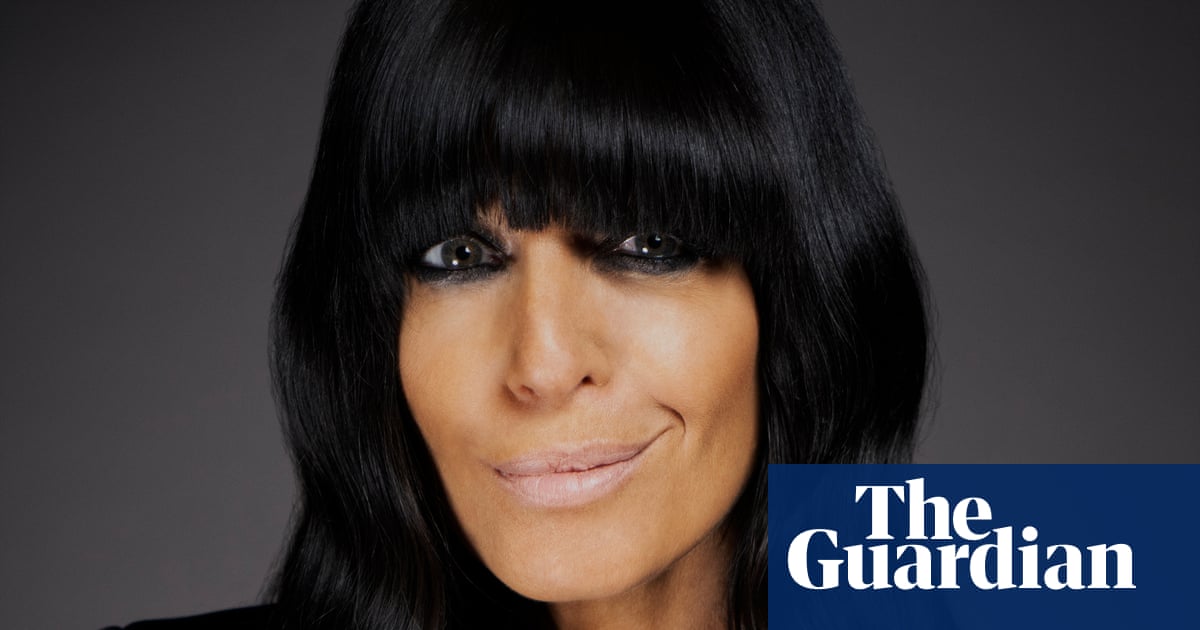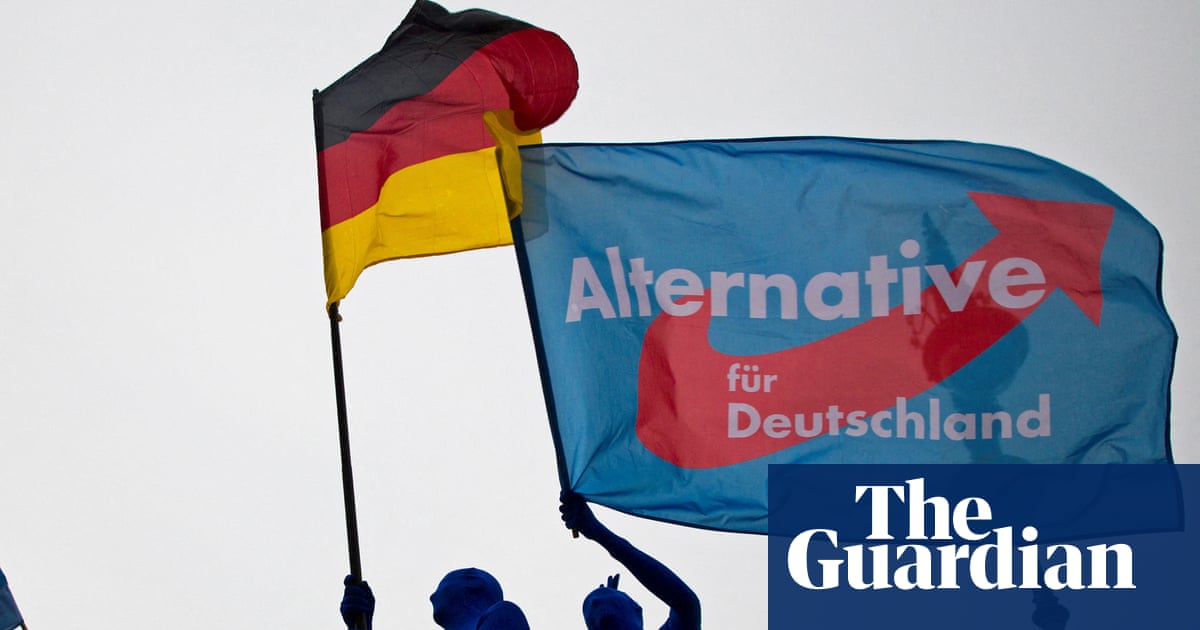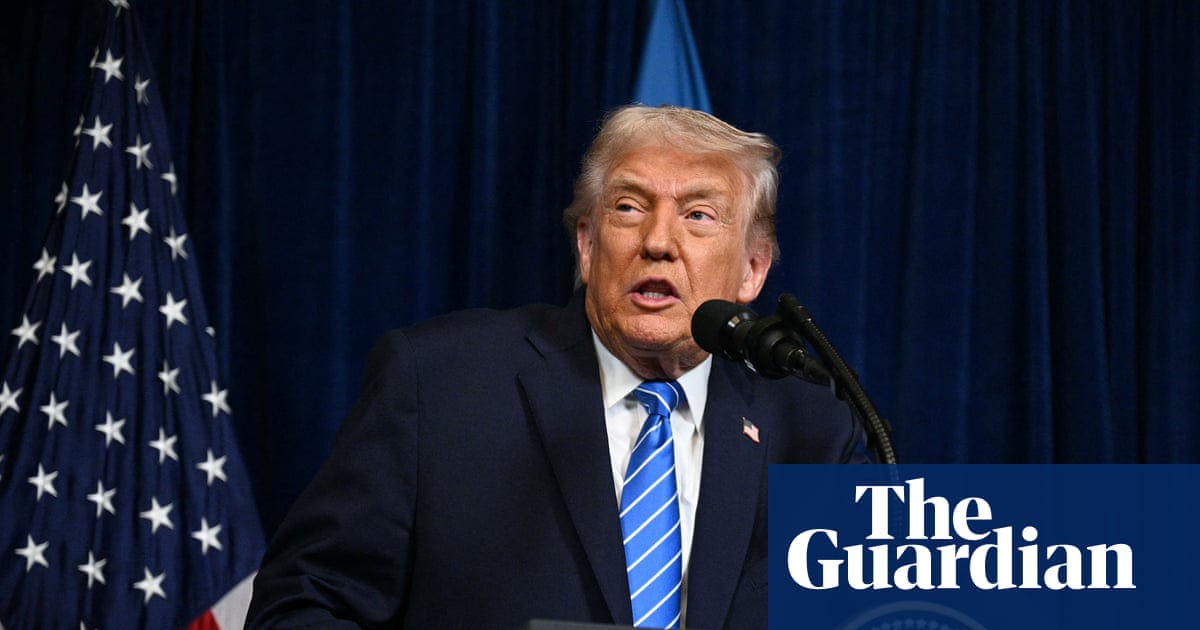For a 25-year-old, seeing her name written on official papers at Lahore’s high court was daunting. But the case of Mahnoor Omer v Federation of Pakistan has now had its first hearing and Omer, a young lawyer from Rawalpindi taking on her government, has moved from relative obscurity to becoming a headline-making activist.
Omer is challenging the country’s “period tax”, which sees only a small proportion of women in Pakistan able to buy sanitary pads thanks to high taxes and duties which, according to Unicef, can add up to 40% to the retail price. One study found that only 16.2% of women in rural areas used pads due to the cost.
The Pakistan government exempts “essential goods” from tax – currently the list includes items such as cattle semen, milk and cheese. So why, asked Omer, are the sanitary pads that are needed monthly by many of the country’s 109 million women classed as non-essential and taxed as luxury goods alongside perfumes and cosmetics?
“It is disheartening that despite women serving as ministers, lawmakers and public representatives, gender-blind policies continue to pass without question,” Omer says. “Whether it’s an omission or a deliberate act, such laws must be amended.”
Cumulatively, a woman will spend about six to seven years of her life menstruating. For schoolgirls and poorer women in particular, it can be excruciatingly difficult to manage their periods appropriately, something that the World Health Organization (WHO) and Unicef have detailed as a health right.
Backing Omer’s legal effort is Mahwari Justice, a youth-led organisation that provides health education and distributes menstrual products in poorer communities.
Founded in the aftermath of catastrophic floods in 2022, when friends Anum Khalid and Bushra Mahnoor saw how women had to use unsafe substitutes for menstrual hygiene, they have launched a petition to support Omer’s legal action.
“Since many cases like this often go unnoticed, our goal is to mobilise people to sign the petition and build public pressure for change,” Mahnoor says. The petition has received more than 4,700 signatures so far.

It was when devastating floods swept through Tehsil Jhuddo in Pakistan’s Sindh province in July 2022, washing away her family home, that 12-year-old Azeema started her first period.
“I kept washing myself all the time, but it wouldn’t stop,” says Azeema, now 15. Her mother tore up a piece of fabric for her to use – a solution that left her with rashes, fever and lasting trauma.
“And we still reuse these cloths. Period products are too expensive,” she says.
after newsletter promotion
Ahsan Jehangir Khan, a fellow lawyer and friend of Omer’s who made the preliminary arguments in the case at court, says the high cost of menstrual products “aggravates the economic and social disadvantages already faced by women, amounting to indirect gender discrimination”.
“If women are being taxed for a biological function, that means they are being robbed of their dignity,” he says.
And consequences are profound in Pakistan, where one in five girls misses school during menstruation, amounting to an entire academic year lost, according to Mahawri Justice. A study on menstrual health showed that eight out of 10 girls felt embarrassed to discuss periods, and almost half had never been told about menstruation before it began.
Additionally, the use of rags and other alternatives as sanitary pads doubles the risk of infections and long-term reproductive health complications, Mahawri Justice says.
The Pakistan government is yet to respond in the case, but Omer hopes a favourable ruling will not only make pads more affordable but also shift how Pakistani society perceives menstruation.
“For too long, this topic has been taboo and stigmatised, ignored to the point of nonexistence,” she says. “The problem isn’t the periods themselves, but rather the silence about them.”
This piece was published in collaboration with Egab.

 1 month ago
55
1 month ago
55

















































